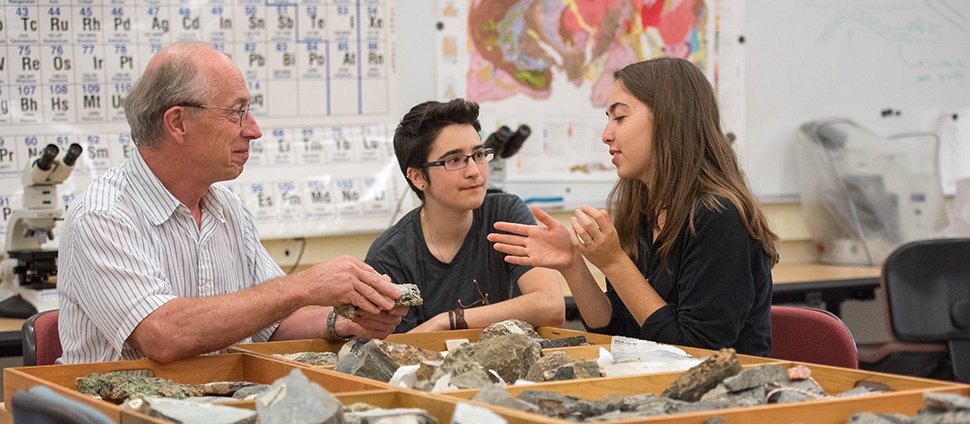Document Type
Conference Proceeding
Publication Date
1997
Publication Title
Proceedings of the 8th International Coral Reef Symposium
Abstract
The coral reef fossil record is the exclusive database from which analyses of the response of coral communities to environmental change over geological time scales may be gauged. However, few studies have attempted to ascertain whether the reef fossil record is a reasonably accurate representation of a once living coral community. To address this issue, we have performed a systematic comparison of the taxonomic composition and diversity present in exposure of Pleistocene patch reef and reef tract facies found in the Bahamas to that observed for life and death assemblages currently present in analogous modern reefs of the Florida Keys. Results reveal that both modern death assemblages and fossil assemblages preserve the zonation observed on living reefs. However, the taxonomic composition of living reef communities is more closely matched by the fossil assemblages than by the death assemblages. We conclude that the Quaternary record of Caribbean reefs does preserve a reliable account of the long term responses of coral communities to environmental change.
Volume
1
First Page
417
Last Page
422
Rights
© the authors
Version
Version of Record
Recommended Citation
Greenstein, B. J. and Curran, H. Allen, "How Much Ecological Information is Preserved in Fossil Coral Reefs and How Reliable is it?" (1997). Geosciences: Faculty Publications, Smith College, Northampton, MA.
https://scholarworks.smith.edu/geo_facpubs/62


